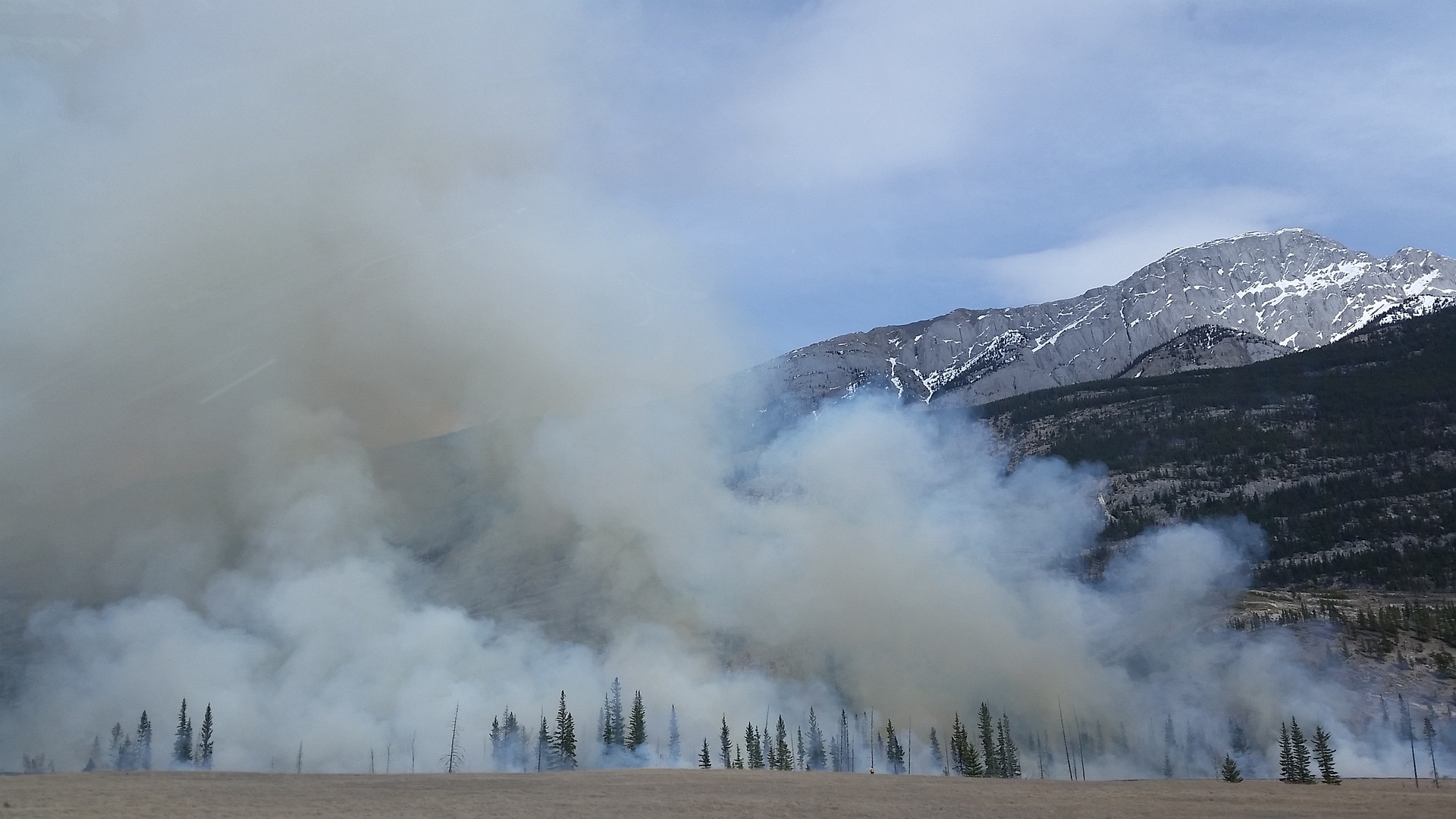Published in Communications Earth & Environment
Abrupt, climate-induced increase in wildfires in British Columbia since the mid-2000s

In BC, four of the most severe wildfire seasons of the last century occurred in the past 7 years: 2017, 2018, 2021, and 2023. An analysis of mapped wildfires and climate data for the past century shows that fire activity increased from 2005 onwards, coinciding with a sharp reversal in the wetting trend of the 20th century. Even as precipitation levels remain high, moisture deficits have increased due to rapid warming and increased evaporative demand. Bottom-up factors further influence fire activity, as the legacy of past wildfires, insect outbreaks, and land-use practices continually influence fire regimes. The compound effects of climate-induced moisture changes and altered fuels now force British Columbians to confront the harsh reality of more frequent years of intense and prolonged wildfire activity.
Marc-André Parisien 1✉, Quinn E. Barber1 , Mathieu L. Bourbonnais2, Lori D. Daniels3, Mike D. Flannigan4, Robert W. Gray5, Kira M. Hoffman3, Piyush Jain 1 , Scott L. Stephens6, Steve W. Taylor7 & Ellen Whitman1

